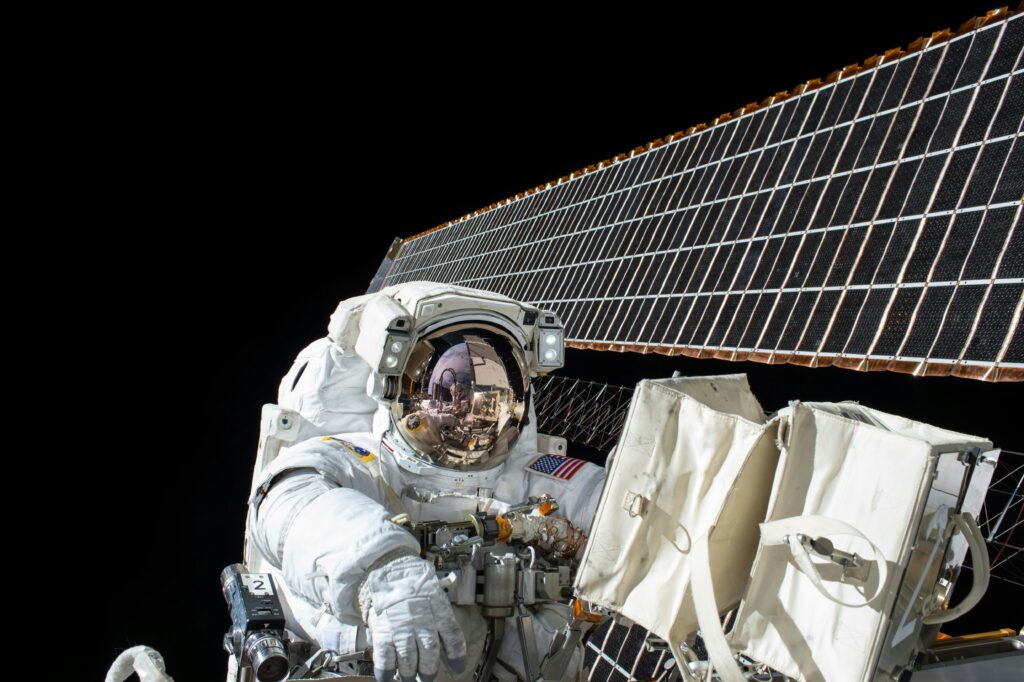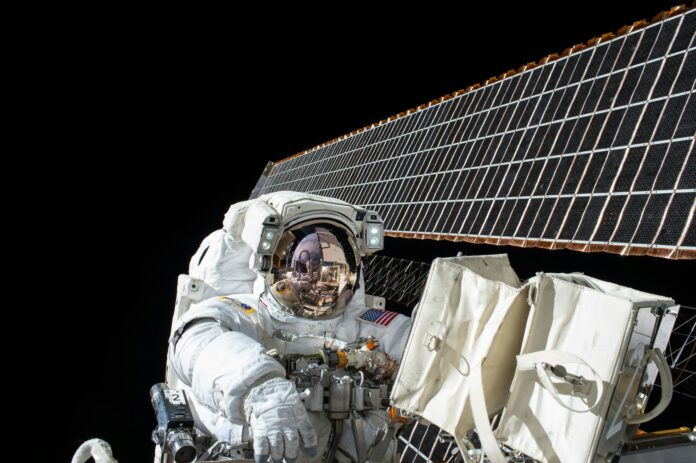NASA Ban Chinese Nationals: A Decision Stirring Global Tensions
The NASA ban Chinese nationals decision has triggered controversy worldwide. In early September, several Chinese citizens working with NASA on research projects suddenly discovered they had lost access to NASA’s systems, labs, and facilities. The move effectively blocks them from contributing to one of the world’s most prestigious space agencies.
NASA later confirmed the action, stating it was designed to protect “the security of our work.” While the agency framed the decision as a precautionary measure, many see it as a symbol of the intensifying space rivalry between the U.S. and China.

NASA Ban Chinese Nationals: The Official Explanation
According to NASA’s press secretary Bethany Stevens, the agency took “internal action pertaining to Chinese nationals – including restricting physical and cybersecurity access to our facilities.”
This means Chinese nationals, even those with valid U.S. visas, are barred from accessing materials, facilities, and data networks. Bloomberg News first reported that workers learned of the ban without prior notice. Many were locked out of online systems overnight and excluded from research meetings, both in person and virtual.
The NASA ban Chinese nationals directive highlights Washington’s growing security concerns over China’s rapidly advancing space program.
NASA Ban Chinese Nationals: The Space Race Heats Up
The U.S. and China are locked in what many experts call a second space race. Both nations are aiming to send astronauts back to the Moon, and both are investing heavily in lunar exploration.
NASA’s acting administrator Sean Duffy made the stakes clear:
“The Chinese want to get back to the moon before us. That’s not going to happen.”
For the U.S., the race is not just about prestige but about strategic dominance in space resources. The Moon contains valuable minerals like iron, titanium, and rare earth elements, as well as helium-3, which has potential applications in superconductors and even future nuclear energy.
NASA Ban Chinese Nationals: Historical Context
This isn’t the first time Chinese citizens have faced barriers in space cooperation.
-
Chinese astronauts are already banned from the International Space Station (ISS) due to U.S. restrictions.
-
A 2011 U.S. law, known as the Wolf Amendment, prohibits NASA from bilateral cooperation with China, citing espionage risks.
The NASA ban Chinese nationals directive is seen as an extension of these long-standing suspicions.
NASA Ban Chinese Nationals: Espionage Concerns
The U.S. government has accused Chinese nationals of attempted espionage in science and technology sectors several times in recent years. While many of these cases involve alleged theft of sensitive research, they have fueled a political narrative that Chinese students and researchers pose risks to national security.
This growing mistrust makes it increasingly difficult for Chinese scientists to obtain U.S. visas or continue research after arrival. The NASA ban Chinese nationals policy is therefore part of a wider pattern of geopolitical suspicion between Washington and Beijing.
NASA Ban Chinese Nationals: China’s Response
China has consistently rejected accusations that its space program poses a threat. Officials have described their space ambitions as “a collective mission for humanity.”
The director of the General Technology Bureau of China’s Manned Space Agency previously called U.S. fears “unnecessary,” stressing that space exploration should be about collaboration, not competition.
Yet, given the pace of China’s space progress, from building the Tiangong space station to landing a rover on Mars, the NASA ban Chinese nationals will likely be seen in Beijing as another example of American hostility.

NASA Ban Chinese Nationals: Political Voices in the U.S.
The ban has also become a political talking point. During a recent U.S. Senate hearing, lawmakers from both parties emphasized the urgency of beating China back to the Moon.
Republican Senator Ted Cruz warned:
“If our adversaries achieve dominant space capabilities, it would pose a profound risk to America… the stakes could not be higher.”
The NASA ban Chinese nationals therefore reflects not just security concerns but also domestic political pressure to maintain U.S. supremacy in space exploration.
NASA Ban Chinese Nationals: Impact on Science and Research
The decision has drawn criticism from some academics who argue that cutting off collaboration undermines scientific progress. International partnerships have historically led to breakthroughs in space science, planetary research, and satellite technology.
Now, with the NASA ban Chinese nationals in place, projects involving Chinese researchers will stall, potentially slowing innovation in fields where collaboration is essential.
NASA Ban Chinese Nationals: The Future of Space Rivalry
With both the U.S. and China preparing for future lunar missions, the stakes extend far beyond science. Control over lunar resources, dominance in satellite technology, and leadership in deep space exploration will shape global power structures in the 21st century.
The NASA ban Chinese nationals decision may deepen the divide between two superpowers at a time when cooperation could accelerate humanity’s path to Mars and beyond.
Conclusion: Why the NASA Ban Chinese Nationals Matters
The NASA ban Chinese nationals policy is more than a bureaucratic restriction. It is a reflection of a new Cold War in space, where security concerns override scientific collaboration.
As Washington and Beijing race to put boots on the Moon, every move, including who gets access to NASA’s labs, becomes a piece of the larger geopolitical puzzle. Whether this leads to breakthroughs or further division will depend on how both nations navigate the intersection of science, politics, and security.

